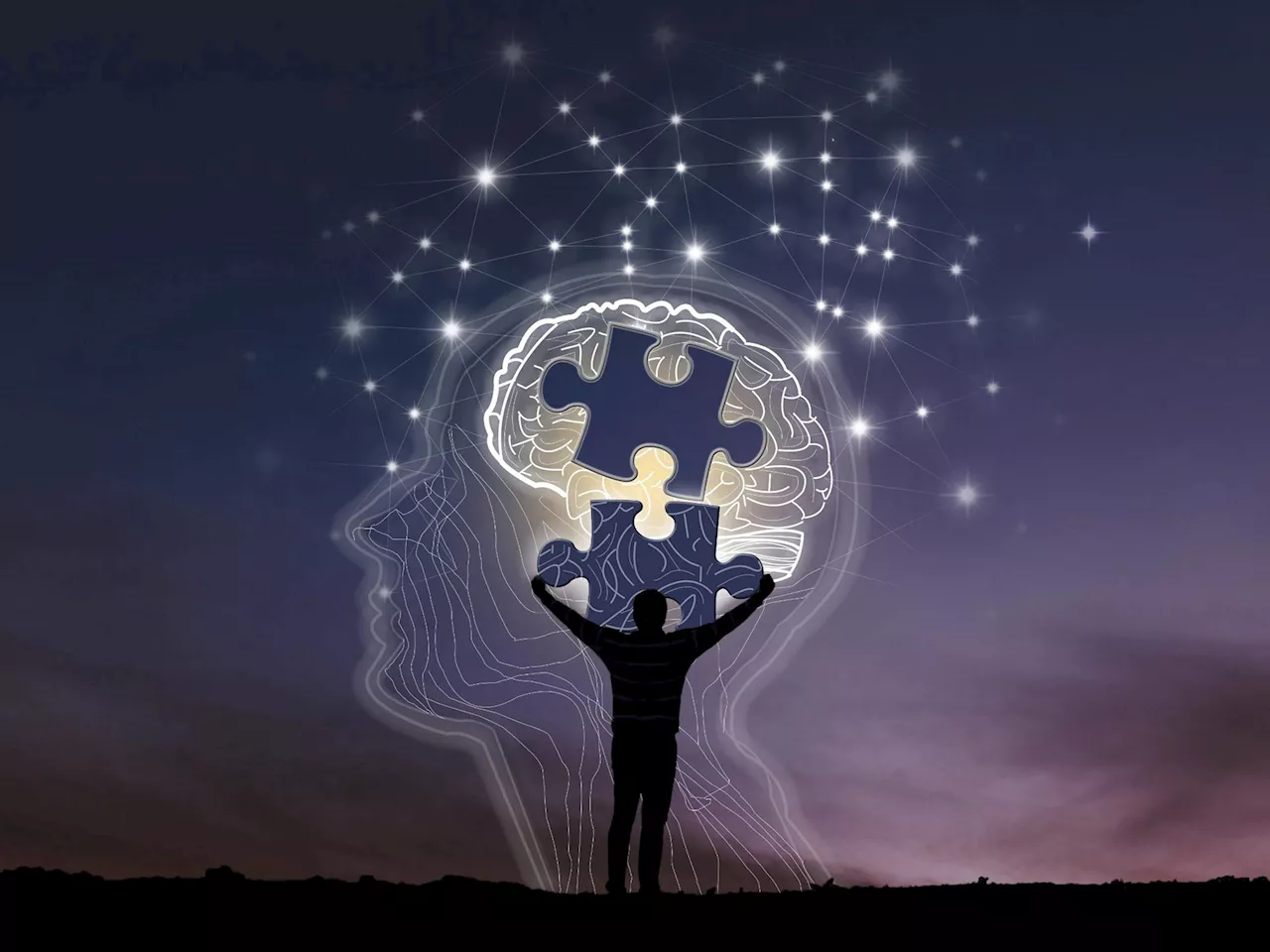Science, Space and Technology News 2024
Recent research indicates that HIV drugs may reduce the incidence of Alzheimer’s disease. The study, analyzing data from over 225,000 patients, shows promising results for using reverse transcriptase inhibitors in older, HIV-positive individuals to potentially lower Alzheimer’s occurrence.
Jerold Chun, M.D. Ph.D., is a professor in the Center for Genetic Disorders and Aging Research at Sanford Burnham Prebys. Credit: Sanford Burnham PrebysHIV and many other viruses rely on RT to hijack a host’s cells to establish a chronic infection, so drugs that block the RT enzyme’s activity have become a common part of treatment cocktails for keeping HIV at bay.
“Thus, we looked at HIV-positive individuals taking RT inhibitors and other combined antiretroviral therapies as they aged, and asked the question: How many of them got Alzheimer’s disease?” says Chun. “And the answer is that there were many fewer than might have been expected compared to the general population.”Of the more than 225,000 individuals with claims data in the study, just shy of 80,000 were HIV-positive individuals over the age of 60.
United States Latest News, United States Headlines
Similar News:You can also read news stories similar to this one that we have collected from other news sources.
 New research suggests certain pet-related activities cause changes.Many of us feel like time spent with dogs helps our bodies relax and our minds destress. New research attempts to see exactly why that happens.
New research suggests certain pet-related activities cause changes.Many of us feel like time spent with dogs helps our bodies relax and our minds destress. New research attempts to see exactly why that happens.
Read more »
 New research suggests that carrying this mental load may have some advantages.The mental load is often discussed in negative terms, but new research suggests that there may be some advantages to carrying it.
New research suggests that carrying this mental load may have some advantages.The mental load is often discussed in negative terms, but new research suggests that there may be some advantages to carrying it.
Read more »
 Toothed whale echolocation organs evolved from jaw muscles, new research suggestsDolphins and whales use sound to communicate, navigate and hunt. New research suggests that the collections of fatty tissue that enable toothed whales to do so may have evolved from their skull muscles and bone marrow.
Toothed whale echolocation organs evolved from jaw muscles, new research suggestsDolphins and whales use sound to communicate, navigate and hunt. New research suggests that the collections of fatty tissue that enable toothed whales to do so may have evolved from their skull muscles and bone marrow.
Read more »
 Pregnancy May Accelerate Aging Process, but Can Also Reverse It, New Research SuggestsTwo new studies indicate that pregnancy may accelerate the aging process in women, but it may also reverse itself after giving birth, especially if the mother breastfeeds. The research raises questions about the effects of pregnancy on aging.
Pregnancy May Accelerate Aging Process, but Can Also Reverse It, New Research SuggestsTwo new studies indicate that pregnancy may accelerate the aging process in women, but it may also reverse itself after giving birth, especially if the mother breastfeeds. The research raises questions about the effects of pregnancy on aging.
Read more »
 Pregnancy ages you, but giving birth might reverse it: New studyNew research suggests this intense physiological process could also impact a woman's biological age.
Pregnancy ages you, but giving birth might reverse it: New studyNew research suggests this intense physiological process could also impact a woman's biological age.
Read more »
 Research shows animals can live alongside humans by being experts at judging riskNew research suggests animals can thrive in human-dominated environments by being expert judges of risk.
Research shows animals can live alongside humans by being experts at judging riskNew research suggests animals can thrive in human-dominated environments by being expert judges of risk.
Read more »
